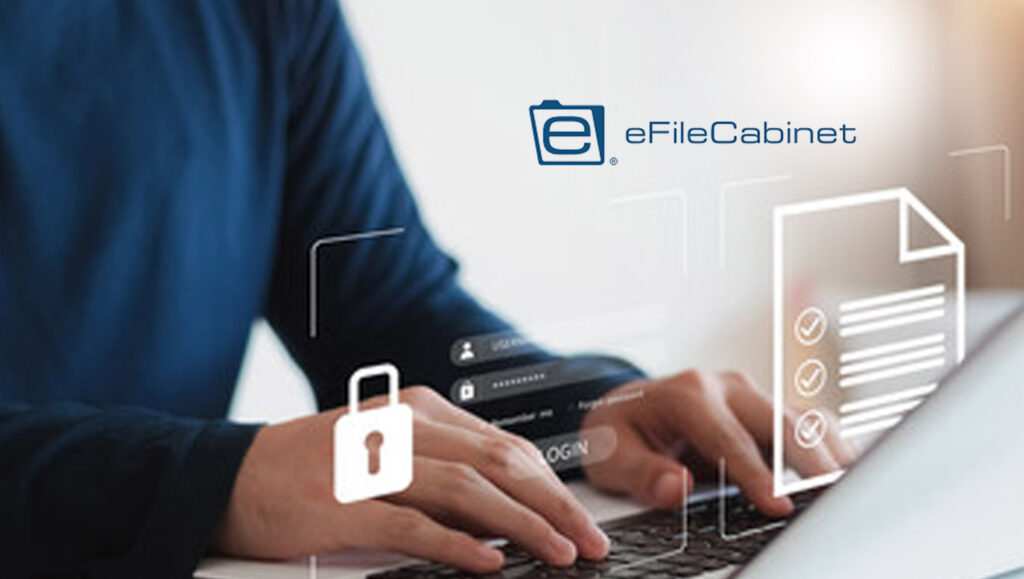Leading Cloud Document Management Service Meets Security Controls Criteria Set by AICPA
eFileCabinet, the leader in document management and automation to fuel business growth, today announced the company achieved the milestone security certification of SOC 2 Type II, ensuring that all security controls meet the high standards of the American Institute of Certified Public Accountants (AICPA).
Read More: Timeseer.AI Raises $6 Million Seed Round To Accelerate Growth In The Time-Series Data…
It’s the latest benchmark in the company’s continued efforts to lead the industry in cloud security and privacy. Customers can request a copy of these reports for their own auditing purposes.
“This certification continues to validate that our service protects the data of all of our customers from threats and that we are prepared for any scenario that would potentially endanger that data,” said CEO Jesse Wood. “It’s an essential part of our commitment to our customers, so they can trust that we implement the best practices and technology to protect the data that’s essential to their businesses.”
SOC 2 certification strengthens trust and accountability between cloud businesses and their customers. For eFileCabinet customers who handle sensitive personal or financial data for their own clients, employees or operations, this certification provides deeper confidence that proper controls are in place for storing and transferring their data.
Read More: SalesTechStar Interview with Bob Leibholz, SVP of Business Development at BairesDev
eFileCabinet began this process after achieving the SOC 2 Type I compliance certification in December 2020.
eFileCabinet’s security controls were audited by an independent third party, which found it met the stringent standards laid out by the AICPA’s Trust Services Criteria principle of security.
The audit for this criteria tests that information and systems are protected against unauthorized access, unauthorized disclosure of information, and damage to systems. The company must be protected from threats that could compromise the availability, integrity, confidentiality, and privacy of information or systems and weaken the entity’s ability to meet its objectives.





















